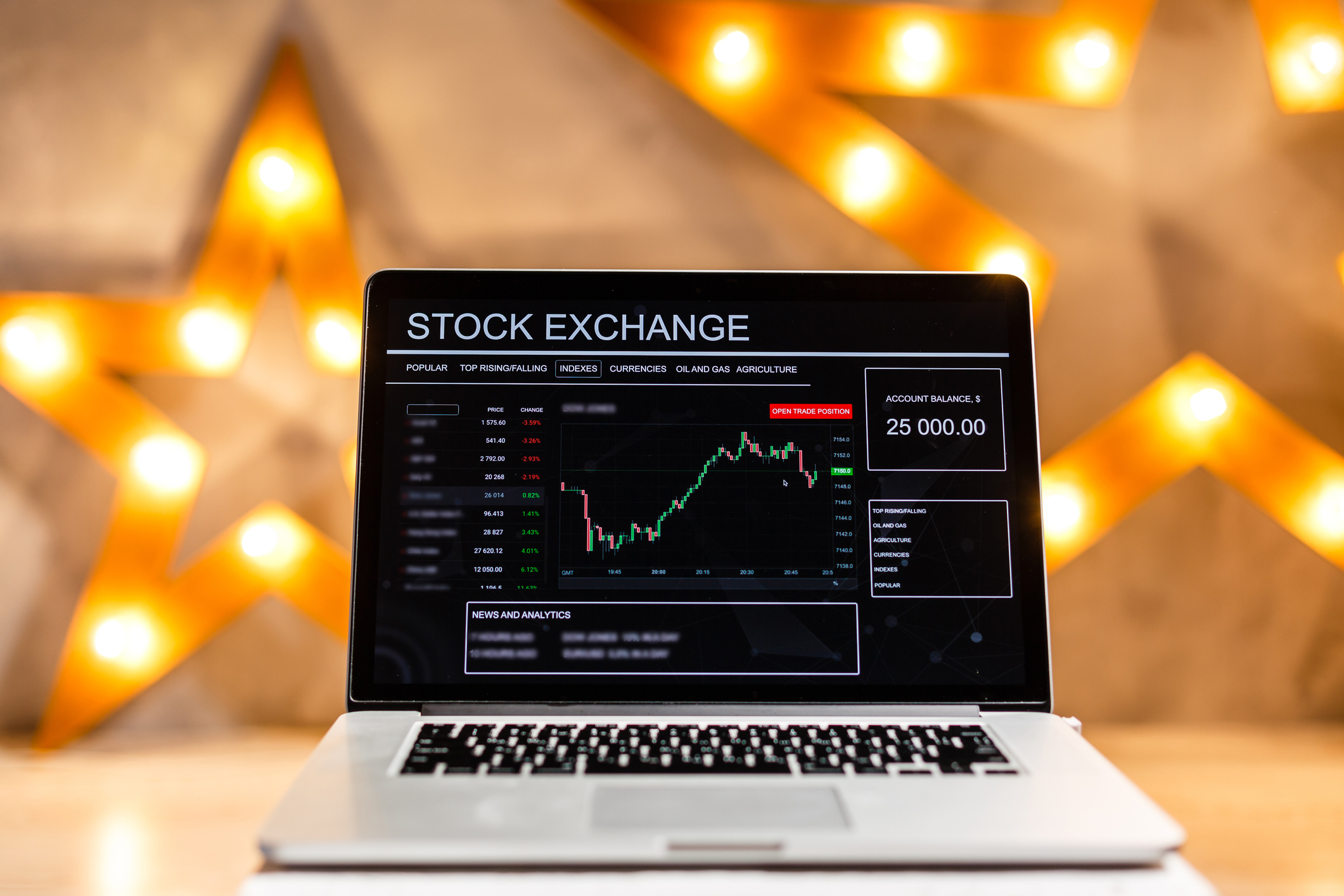What You Should Know About Buying Stocks at All-Time Highs

Should Investors Buy Stocks at All-Time Highs?
Last week, a reader sent me an interesting question about buying stocks at all-time highs: “Rob, the market keeps hitting record after record. I feel like I missed the boat. Should I buy now or wait for a pullback?”
It’s a timely question. Year-to-date, the S&P 500 has jumped 21%. And just last week, the index closed at a new record.
Joe Average investor looks at this and gets nervous. I understand the feeling; with stocks hitting new highs, it feels like you missed the chance to buy.
Of course, I can’t provide personal investment advice to you. I also don’t advocate that people try to time the stock market.
But here’s the important part for us as investors, the part that most people don’t realize: buying stocks at all-time highs is typically a smart move.
Over the weekend, I took a look at U.S. stock returns over the past few decades. Specifically, I wanted to see how equities performed after hitting a new record level.
My expectations likely matched those of many of my readers. Investment portfolios, you would think, would underperform after buying stocks at all-time highs. Common sense says it makes far more sense to buy equities during a pullback.
The results of my research, quite frankly, surprised me.
Between 1928 and 2018, the S&P 500 delivered an average annual return of 5.5% excluding dividends.
But if you bought stocks after the index made a new 52-week high, you would have made a 7.5% return, on average, over the next 12 months.
And if you tried buying stocks at all-time highs? Well, over the next year, you would have earned an average return of 6.3%.
| S&P 500 |
1-Year Return |
| Average |
5.5% |
| New 52-Week High |
7.5% |
| New All-Time High |
6.3% |
(Source: “S&P 500 (^GSPC),” Yahoo! Finance, last accessed November 11, 2019.)
Granted, 6.3% might not knock your socks off. Still, it’s almost a full percentage point better than the typical buy-and-hold strategy. And over time, that extra percentage can really pad your investment returns.
Why does this happen?
Investors love taking profits on winning positions. They also avoid stocks that are making new highs.
It’s silly when you think about it though. Say the S&P 500 sits around 3,000; why does it matter if the index hit 2,000 or 4,000 points a year ago?
But investors do care. Most people hate buying stocks at all-time highs. As a result, they tend to be slow to price in good news during economic booms.
Of course, I have to provide the investment cliché that past performance doesn’t guarantee future investment results. And once again, I never advocate that people try to time the stock market.
But the data makes one thing clear: buying stocks at all-time highs shouldn’t keep you up at night.











